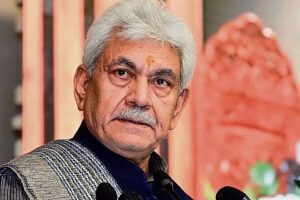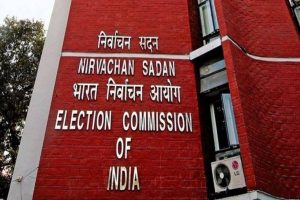After Delhi reported three positive cases of Coronavirus on Monday, India the world’s largest maker of generic drugs restricted the export of common medicines such as paracetamol and 25 other pharmaceutical ingredients, as a step to prevent shortages amid concerns of the COVID-19 outbreak turning into a pandemic.
Besides over-the-counter painkiller and fever reducer paracetamol, drugs restricted for exports include common antibiotics metronidazole, and those used to treat bacterial and other infections as well as vitamin B1 and B12 ingredients.
A notification by the Directorate General of Foreign Trade (DGFT) said the export of 26 active pharmaceutical ingredients (APIs) and formulations would require licence.
Though India is a source of about 20% of the world’s generic drug supply, pharma companies in the country are dependent on China for two-thirds of the chemical components needed to make them. The outbreak of coronavirus has shut factories in China and impacted supplies, leading to fears of a shortage of drugs and medicines.
“Export of specified APIs and formulations made from these APIs is hereby restricted with immediate effect and till further orders,” the DGFT said in the notification.
While three new cases of coronavirus were reported in India on Monday, “high viral load” was detected in six people who had been in contact with a coronavirus-infected patient. Since its outbreak in China, the deadly virus has killed more than 3,000 people globally.
The government issued a travel advisory suspending all regular visas/e-visas granted on or before March 3 to nationals of Italy, Iran, South Korea, Japan who have not yet entered India. Earlier, there were no restrictions on outbound shipments of the 26 drugs.
India’s API imports stand at around $3.5 billion per year, and around 70%, or $2.5 billion, come from China. API is the raw material for pharmaceutical.
Although India is heavily import-dependent for APIs from China, it exports a limited quantity of pharma ingredients. India exported APIs worth about $225 million last year. Restrictions on the exports are important as there would be an increase in demand for these products in the country.
Apart from paracetamol, vitamin B1, B6 and B12, other APIs and formulations over which the export restrictions have been imposed include tinidazole, metronidazole, acyclovir, progesterone, chloramphenicol, ornidazole, formulations made of chloramphenicol, clindamycin salts, neomycin, and paracetamol.
In February, the Department of Pharmaceuticals (DoP) asked the DGFT to issue orders restricting the export of 12 APIs and formulations in the wake of the coronavirus outbreak. A high-level committee formed by the DoP under the Chemicals and Fertilizers Ministry to monitor the supply of raw materials for drugs from China had recommended the restrictions.











